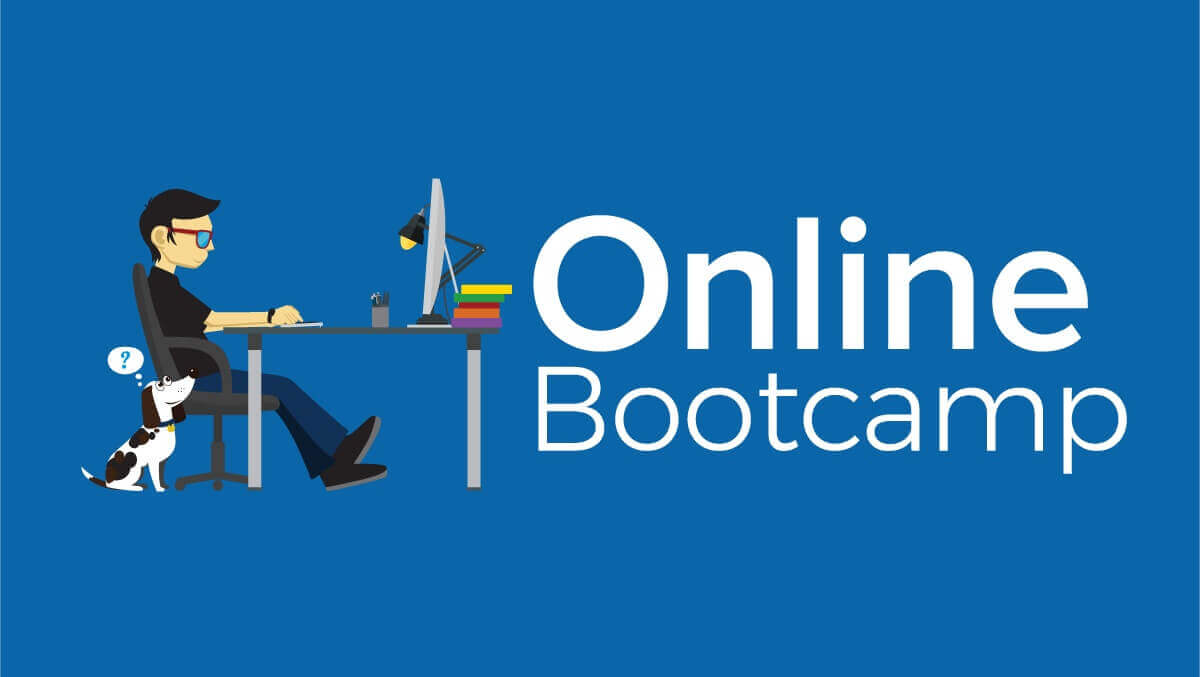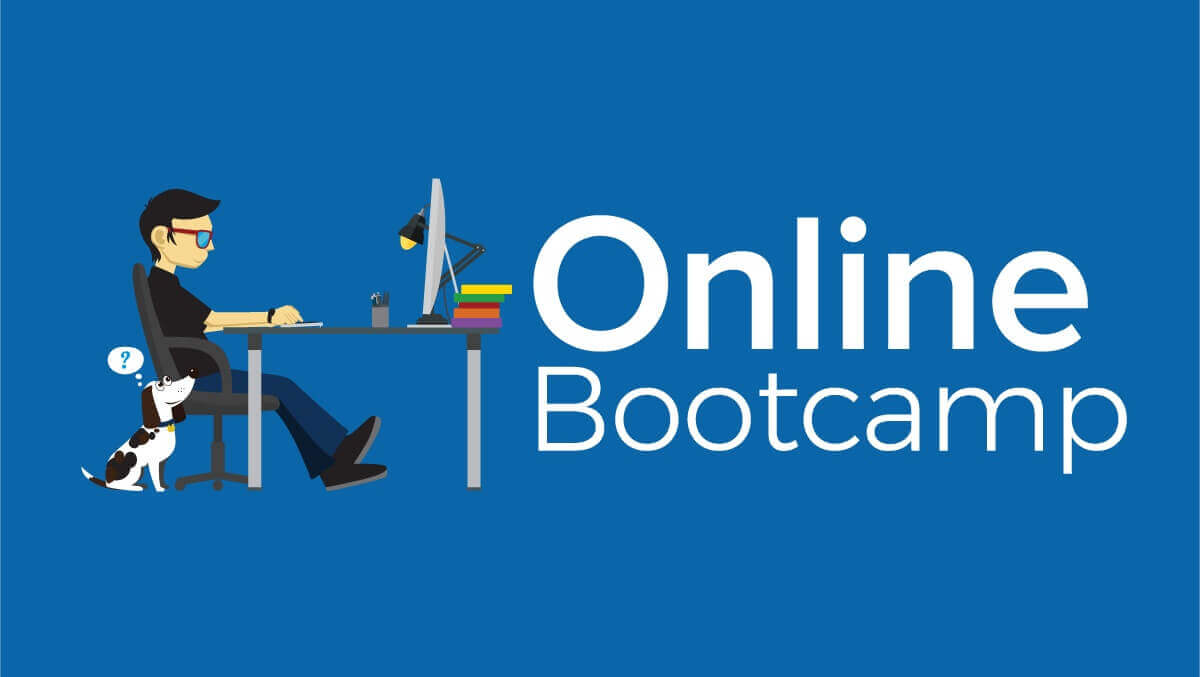Curriculum and Skill Development: Are Online Coding Bootcamps Successful

Online coding bootcamps have emerged as a popular alternative to traditional university education for aspiring software developers. Their effectiveness hinges heavily on the curriculum’s ability to bridge the gap between theoretical knowledge and practical application, preparing graduates for the demands of the modern tech industry. A crucial aspect of evaluating bootcamps is a thorough examination of their curriculum design and its success in fostering relevant skill development.
The effectiveness of bootcamp curricula in preparing students for real-world coding challenges is a subject of ongoing discussion. While some argue that the intensive, project-based approach of bootcamps provides a more practical skillset, others point to the potential lack of theoretical depth compared to university programs. A balanced approach is key, ensuring practical application is grounded in a solid understanding of fundamental concepts.
Curriculum Comparison: Bootcamp vs. University, Are online coding bootcamps successful
This hypothetical comparison illustrates the contrasting approaches of a top-rated bootcamp and a traditional university computer science program. Both aim to equip students with coding skills, but their methods and emphasis differ significantly.
A leading coding bootcamp, such as App Academy or Flatiron School, typically features a fast-paced, immersive curriculum focused on practical skills. Their curriculum might include modules on front-end development (HTML, CSS, JavaScript frameworks like React or Angular), back-end development (Node.js, Python, databases like SQL or MongoDB), and potentially mobile development (React Native or Swift). The emphasis is on building projects from day one, culminating in a capstone project that showcases the student’s abilities. The curriculum is highly project-oriented, with frequent code reviews and peer feedback.
In contrast, a traditional four-year university computer science program provides a broader, more theoretical foundation. The curriculum includes courses on data structures and algorithms, discrete mathematics, computer architecture, and operating systems, alongside practical programming courses in various languages. Students typically complete several smaller projects throughout their degree, culminating in a larger capstone project or thesis. The pace is generally slower, allowing for deeper exploration of theoretical concepts.
Key Skills Taught and Industry Relevance
Online coding bootcamps typically focus on in-demand skills highly valued by employers. These include proficiency in various programming languages (Python, JavaScript, Java, C++), experience with popular frameworks (React, Angular, Node.js, Spring), database management (SQL, NoSQL), version control (Git), and agile development methodologies. Furthermore, understanding of testing methodologies (unit testing, integration testing), cloud platforms (AWS, Azure, GCP), and DevOps principles are becoming increasingly important.
Projects demonstrating these skills might include building a full-stack web application using React for the front-end, Node.js for the back-end, and a PostgreSQL database for data storage. Another example could be developing a mobile application using React Native, incorporating features like user authentication and data persistence. A data science project might involve building a machine learning model using Python and scikit-learn to predict a specific outcome based on a given dataset.
Learning Methodologies: Bootcamp vs. Classroom
The learning methodologies employed in online bootcamps differ significantly from traditional classroom settings. Bootcamps often prioritize intensive, hands-on learning through project-based work, while universities generally incorporate a mix of lectures, assignments, and labs.
| Feature | Online Bootcamp | Traditional Classroom |
|---|---|---|
| Pace | Fast-paced, intensive | Slower, more deliberate |
| Learning Style | Project-based, hands-on | Lecture-based, supplemented by labs and assignments |
| Instructor Interaction | Regular code reviews, mentorship | Lectures, office hours, occasional lab assistance |
| Flexibility | High flexibility in scheduling | Less flexible, fixed schedule |
Student Experience and Support

The success of an online coding bootcamp hinges not only on its curriculum but also on the overall student experience and the support systems in place. A positive learning environment, coupled with readily available assistance, significantly impacts a student’s ability to complete the program successfully and transition into a fulfilling career. This section explores student testimonials, support structures, and the challenges addressed by online bootcamps.
Student Testimonials and Experiences
Student Feedback Summary
Online coding bootcamp experiences are varied, reflecting individual learning styles and the specific bootcamp’s approach. Positive feedback frequently highlights the program’s effectiveness in providing practical skills and job placement assistance. Conversely, negative experiences often center on the intensity of the program, the lack of personalized attention, and the challenges inherent in self-directed online learning.
Are online coding bootcamps successful – For example, one graduate, Sarah J., praised the “immersive and project-based learning” which allowed her to build a strong portfolio. She particularly appreciated the career services, which helped her land a junior developer role within two months of graduation. Conversely, Mark L. described the bootcamp as “intense and isolating,” citing difficulties in accessing timely support and feeling overwhelmed by the fast pace. He noted a lack of individual mentorship and felt the community aspect was less robust than advertised. These contrasting experiences highlight the importance of thorough research before enrolling in a bootcamp.
Support Systems in Online Bootcamps
Effective support is crucial for online bootcamp success. A range of services are typically offered to address the unique challenges of remote learning.
Bootcamps understand the need for comprehensive support, aiming to mitigate the common hurdles of online learning. The following support systems are commonly implemented:
- Mentorship: Many bootcamps pair students with experienced developers who provide guidance, feedback, and career advice.
- Technical Assistance: Dedicated support staff are available to help students troubleshoot technical issues and answer coding questions.
- Career Services: These services often include resume and portfolio reviews, interview preparation, and job placement assistance.
- Community Forums and Slack Channels: These platforms facilitate peer-to-peer learning and support, creating a sense of community among students.
- Office Hours and Live Q&A Sessions: These sessions allow students to directly interact with instructors and teaching assistants.
Challenges of Online Learning and Bootcamp Solutions
Online learning presents unique challenges that bootcamps actively try to mitigate.
The isolation of online learning can be a significant hurdle for some students. Bootcamps address this by fostering a sense of community through online forums, group projects, and virtual social events.
Maintaining motivation and staying on track can be difficult in a self-directed learning environment. Bootcamps often incorporate regular check-ins, progress tracking, and accountability measures to help students stay engaged.
Technical difficulties and lack of access to reliable internet can hinder progress. Bootcamps strive to provide technical support and resources to help students overcome these obstacles.
The fast-paced nature of bootcamps can be overwhelming for some students. Bootcamps offer flexible learning options, additional support resources, and opportunities for individualized pacing where feasible.


Tim Redaksi